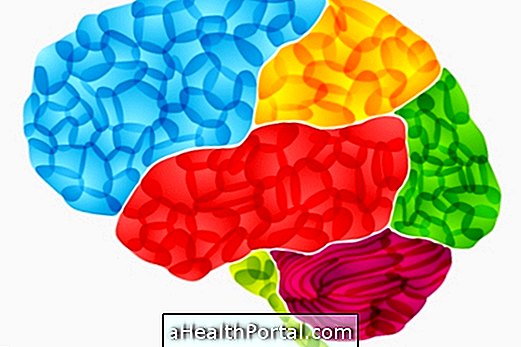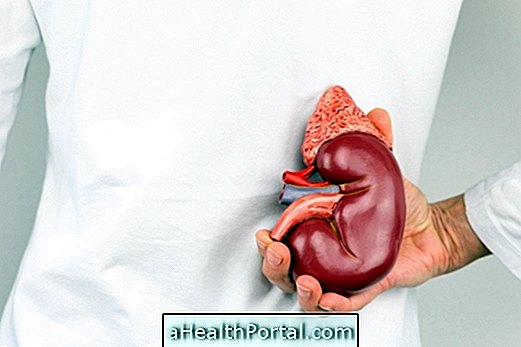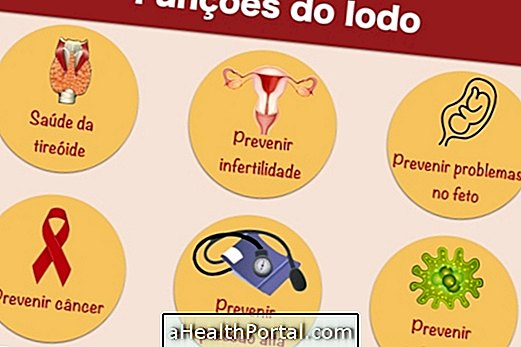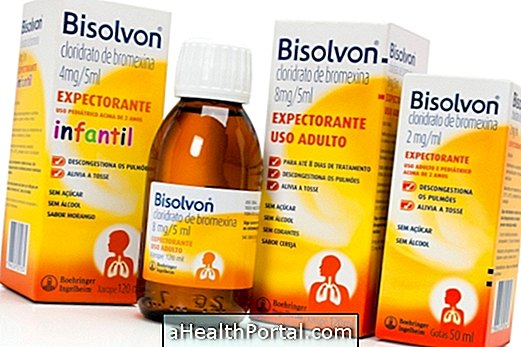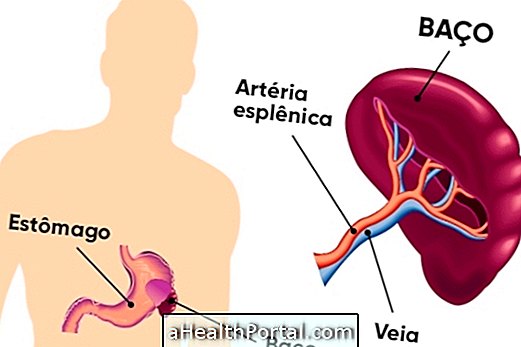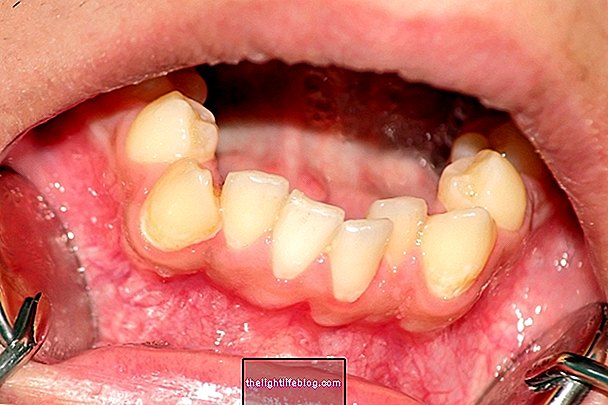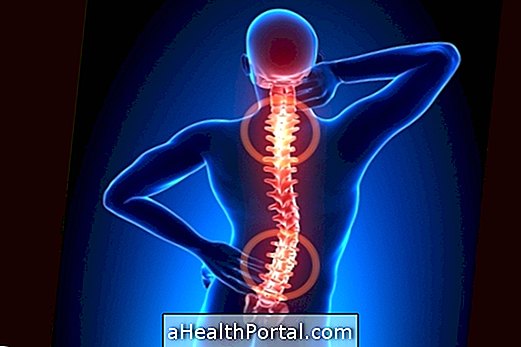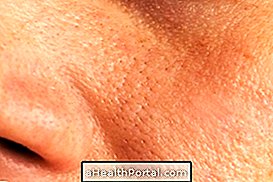Diseases caused by nuclear radiation can be immediate, such as burns and vomiting, or that arise in the long run, such as infertility and leukemia. The risks of developing problems are even greater in children and people who have ingested food contaminated with radiation or breathed in the contaminated air.
The severity of the consequences of excessive radiation in the body depends on the type of radiation, the amount and the time of exposure to radiation, because the longer the exposure, the greater the risk of developing diseases.
Consequences of excess radiation
The main consequences caused by excess radiation are:
- Skin burns ;
- Cataratas ;
- Gastrointestinal disorders, caused by the death of the cells of the gastrointestinal tract, causing symptoms such as nausea, vomiting and severe diarrhea;
- Cerebral syndrome, caused by inflammation of brain tissue, and often leads to death. The main symptoms are usually nausea, vomiting, drowsiness, convulsions, inability to walk and eat;
- Blood diseases, leukemia being the most common disease, characterized by symptoms such as loss of appetite, nausea and vomiting. Radiation-induced leukemia can cause rapid death, about 3 weeks after exposure to radiation.
- Disturbances in the reproductive system, such as infertility, lack of menstruation and decreased sexual appetite;
- Cancer, due to cellular changes that the radiation causes in the body;
- Babies with malformations .
Some of the effects caused by radiation, such as infertility and malformations in newborns, can last for decades to disappear.
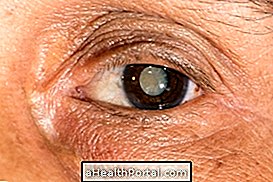

How to protect yourself from radiation
To protect yourself from exposure to nuclear radiation and its effects in the event of a nuclear accident, you must:
- Limit exposure time to radiation source;
- Go as far as possible from the source of radiation. In the event of a nuclear accident, it is necessary to evacuate the area affected by the radiation, which must be larger according to the amount of radiation emitted;
- Wear appropriate clothing that makes it difficult for the skin and the lungs to contact the radiation, such as gloves and masks;
- Avoid eating or drinking water that originates in the contaminated site, as this leads to radiation directly into the body, causing more serious damage to the body.
Gastrointestinal disorders such as nausea and vomiting can be immediately noticed after ingestion of contaminated food, especially in infants and children.
Food contaminated with nuclear radiation
The consumption of food and water contaminated with nuclear radiation can lead to the emergence of various diseases and particularly affects infants and children.
Gastrointestinal disorders and diseases that affect the blood can be immediately noticed after ingestion of these foods, which can lead to dehydration. A serious picture particularly for babies and young children.
In order to avoid contamination of the population, the consumption of tap water and food coming from the affected region should be avoided. The ideal is to take mineral water that has come from another region, far from contaminated sites and eat industrialized products.
According to research, if an individual eats about 100 grams of a food contaminated with nuclear radiation for 1 week, it is estimated that he has been exposed to the same radiation that would be acceptable in 1 year of exposure, which is highly detrimental to health.
In a region that has been exposed to nuclear radiation should not live or produce anything until further analysis is made to demonstrate that radiation levels are already acceptable. And this can take months or years to happen.

